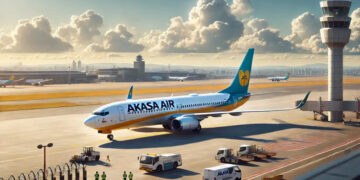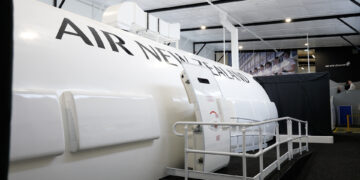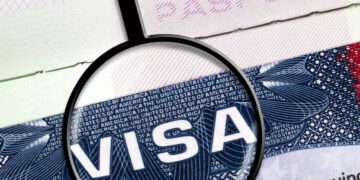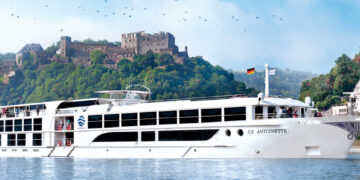Airlines urge governments to save floundering green jet fuel industry, ET TravelWorld
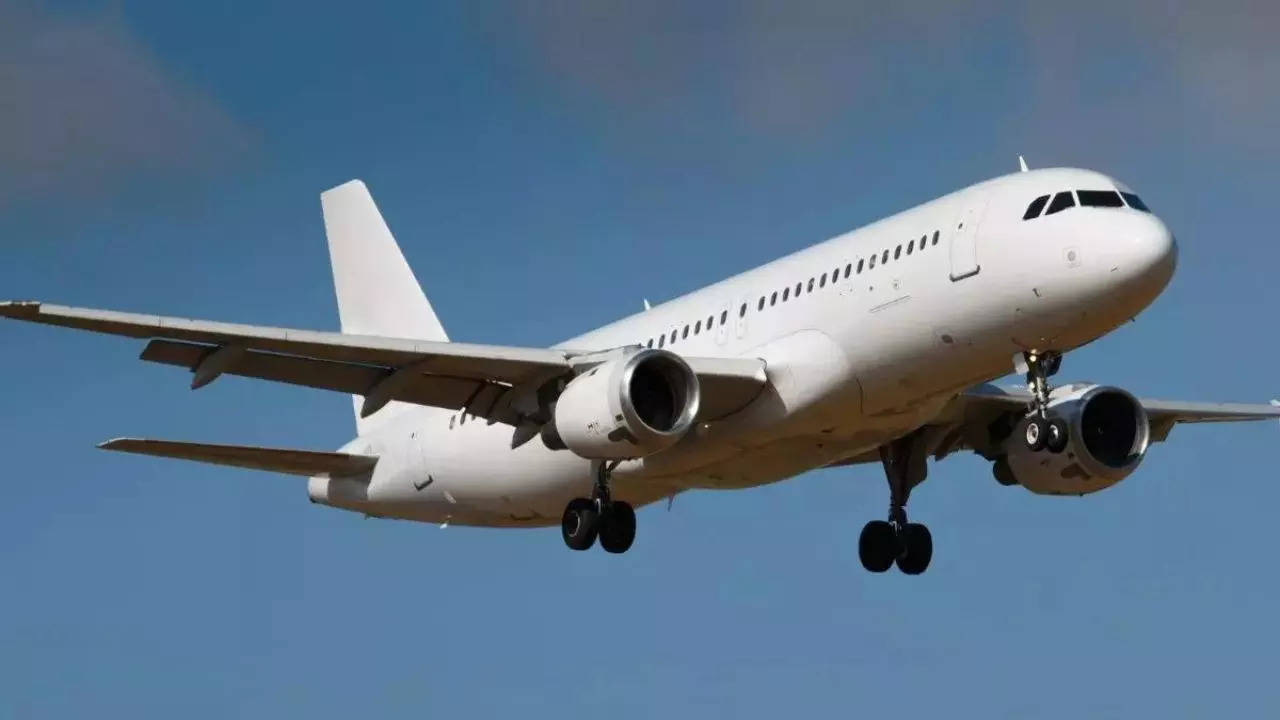
A UK initiative to promote green jet fuel will need to be taken up around the world – and built on – if the technology is to have any chance of delivering its promise of radically cleaner flying, airline executives warned at the Farnborough Airshow.
Last week, Britain’s new Labour government announced plans to introduce a price guarantee for sustainable aviation fuel (SAF) to incentivize producers to open more plants and build infrastructure to ramp up the fuel’s production.
Two decades after airlines pledged to switch to biofuels, SAF accounts for just 0.2 per cent of the jet fuel market. The aviation industry says this will need to rise to 65 per cent by 2050 if it is to reach “net zero” carbon emissions by then.
Airlines and SAF producers have been caught in a paralyzing blame game for years. Airlines say they want more green fuel, while SAF producers say they can’t make more until airlines agree to pay the market price. SAF currently costs up to five times more than traditional jet fuel.
Julie Kitcher, chief sustainability officer at Airbus , said more solid investment plans and bolder financing from across the sector would help bring the industry to scale and boost supply.
Policy support, such as the UK’s mechanism or Singapore’s SAF levy, can take the cost burden off airlines, if crafted constructively, Kitcher and other executives said.
“It’s really about back to basics . it’s about going through the value chain of the whole aviation system and everybody taking a share, because we won’t get there without it,” she said.
Still, airlines lament a shortage of SAF supply despite mandates and incentives, arguing that producers, particularly highly-profitable oil companies, aren’t making enough.
“If we don’t reduce the price of SAF, flying is going to be much more expensive,” said Luis Gallego, chief executive of British Airways-owner IAG, during a panel discussion at the air show after praising the UK’s decision.
Some have warned that airlines could miss targets to use 10 per cent of the fuel to power their planes by 2030. At the air show, airlines and manufacturers pointed to the next generation of more energy-efficient aircraft as a way to reduce emissions.
But many environmental advocates say the growth of the industry is fundamentally incompatible with sustainability.
Airbus, the world’s largest planemaker, expects the global aircraft fleet will more than double over the next two decades to 48,230 planes.
“If the amount of planes in the sky goes up, emissions will only keep going up more and more even if the planes are marginally more efficient,” said Matt Finch, UK policy manager of advocacy group Transport and Environment.
“Every single plane that’s ordered can only burn hydrocarbons, and there just aren’t the SAF volumes coming on to match the plane orders.”
STILL NOT ENOUGH
Even with revenue security, much more investment would be needed for the aviation sector to reach its goals, Virgin Atlantic Chief Executive Shai Weiss told Reuters.
“That (mechanism) alone is not enough,” he said.
Earlier this month, Shell announced it was pausing construction of a SAF facility in Rotterdam, alarming green advocates.
Even with stronger government support, new plants would still take years to build, let alone start producing ample supplies of SAF.
Airline executives said the UK move was a step in the right direction, but that it was legislators who needed to do more, not airlines.
“We know that decarbonization is going to be very expensive. It’s going to cost trillions,” IAG’s Gallego said.
Executives point to thin profit margins in the aviation sector, allowing little room for investment in sustainability.
“This is where the government has to step up the production of the availability of fuel for us to be able to use,” said Ghaith al-Ghaith, chief executive of flydubai.
“The airline burden is to have a successful operation, safe and secure.”

